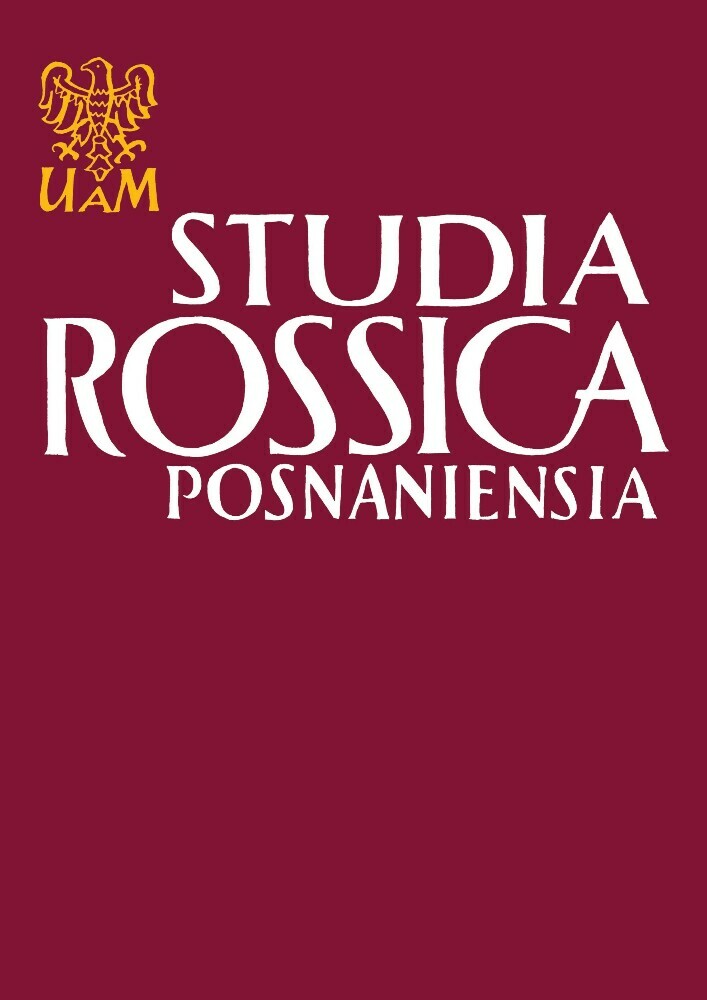Abstrakt
Victor Pelevin, a representative of Russian postmodernism, is known asa careful observer of reality. Postmodern art is characterized by grotesque, pastiche and parody, which is emphasized by many researchers. The analysis of Victor Pelevin’s Buddha’s Little Finger shows how the writer perceives the times of the Soviet Union as well as the post-Soviet reality in which Russia embarked on the path of capitalist development. The parody used in the novel allows the reader to see if Pelevin only wants to ridicule his country in a shocking way or rather aims to repair the reality with his own literary works.
Licencja
Copyright
© 2014 Uniwersytet im. Adama Mickiewicza w Poznaniu
OPEN ACCESS
